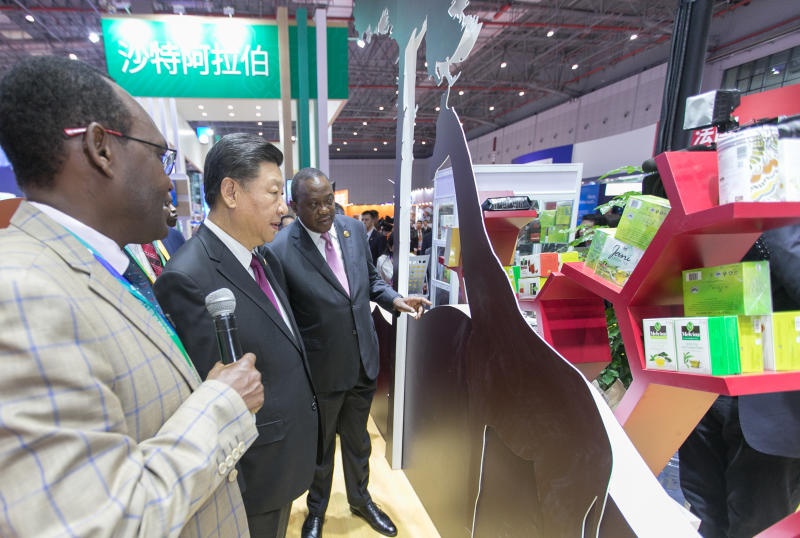×
The Standard e-Paper
Stay Informed, Even Offline

President Uhuru Kenyatta this week returned from his fourth visit to China as quietly as he had left, without the usual razzmatazz that characterised previous tours.
His departure was not announced on the official State House communications channels as had been the practice before, when pictures of him being seen off by government officials would be splashed before he took his flight.